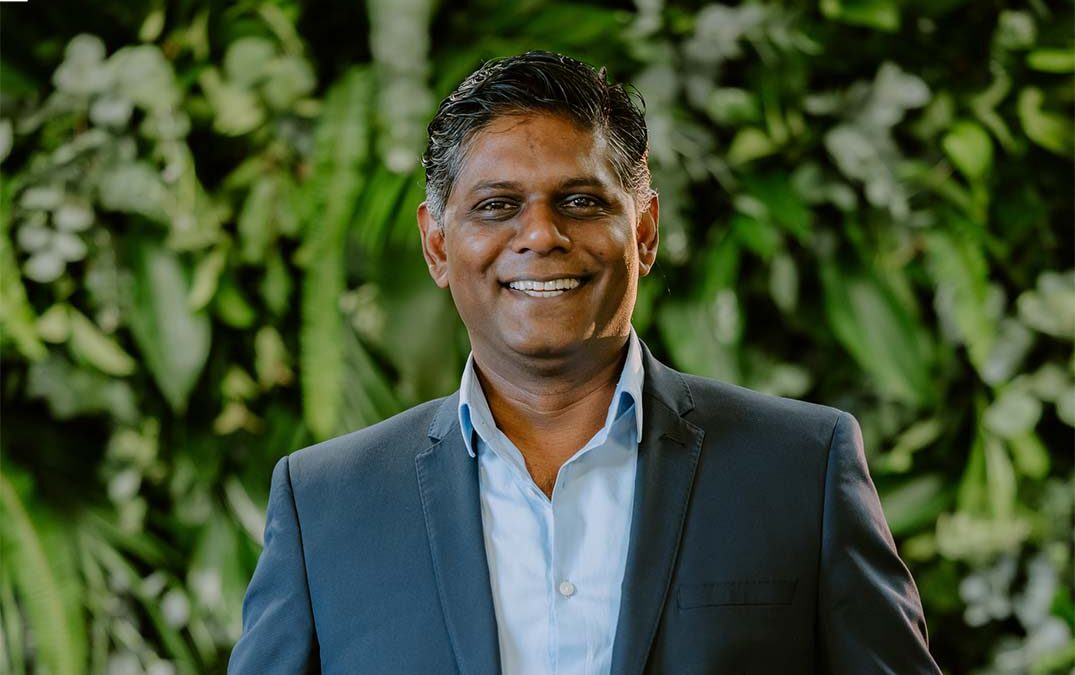Every June, South Africa celebrates its young people – the dreamers, the doers, the digital hustlers. Whether they’re coding from a café, making TikToks that teach, or launching startups from shared Wi-Fi, Gen Z and Millennials are redefining what “work” even means. The question is: are we doing enough to meet them where they are?
By Yesh Surjoodeen, Southern Africa MD of HP
More than 60% of Africa’s population is under 25. In South Africa alone, that’s over 10-million young people aged 15–24. Yet almost half of them face unemployment and that number climbs when you count underemployment and informal gigs.
Meanwhile, the traditional “office” evolves – meetings are on Teams, and your laptop is your best companion as a mobile desk. On top of that, AI might be your new colleague. According to HP’s Work Relationship Index, only 28% of people globally feel they have a healthy relationship with work. This means that “working for the weekend” just doesn’t cut it anymore.
And while leaders’ and employees’ expectations for work continue to change, work itself does not.
By 2035, more young people will enter the workforce in sub-Saharan Africa than anywhere else in the world. Challenge: the region needs to create 18 million jobs every year to keep up. Our research shows that to improve the world’s relationship with work, our attention should be on the worker – a worker who is young, and wants to be treated as an individual, rather than simply as part of a collective workforce. Put simply: To improve society’s relationship with work, the future of work needs a fundamental shift.
Not all those jobs that need to be created need to be in boardrooms. Think tech, design, customer experience, logistics, education, environment. Jobs where digital technology matters more than location. Jobs that work for a generation raised on memes, marketplaces, and mobile data bundles – jobs that meet them where they are.
So what do young people actually want?
Spoiler: It’s not beanbags or foosball tables. It’s purpose. Flexibility. Access.
Here’s what the data says:
- At least two-thirds of knowledge workers desire personalized work experiences; and 87% would be willing to forgo a portion of their salary to get it.
- But only 27% feel they’re given the right tools to thrive in their jobs.
Clearly, there’s a gap, and a golden opportunity. HP is helping build workspaces that work for people, especially young people. That means:
- Devices with built-in AI tools for remote collaboration, privacy, and productivity.
- Workforce platforms that support flexibility, learning, and real-time mentoring.
- Refurbished equipments via HP Renew portfolio, so no one’s left out due to cost.
- Strong corporate initiatives to fight the digital divide. HP has committed to support 150 million people with digital equity by 2030 (HP Sustainability Goals).
It’s about more than selling tech. It’s about creating access, dignity, and momentum.
A call to all of us: empower, don’t just employ
This Youth Month let’s ditch the buzzwords and build real bridges. Support a youth-led business, share a free online course, mentor someone and hire for potential, not pedigree!
Because when we back South Africa’s youth with the right tools, trust, and tech they won’t just “fit” into the future of work – they’ll lead it.

